|
|
|
|
What happens when studies of the ocean meet literary studies concerning copyright and censorship? For starters, a great weekend read. In an eye-opening new book – and marking World Oceans Day this week – Isabel Hofmeyr relates her research journey as she discovered the role of the Custom House, which, from the mid-1800s, controlled all printed matter arriving in the ports of British colonial territories, such as South Africa. In the
world of what she calls “hydrocolonialism” books were literally judged by their covers, but the field also offers a new lens through which to view history and the environment.
News of the passing of Nigeria’s megaprophet, the televangelist TB Joshua, broke the internet in West Africa a week ago. While the Nigerian preacher expanded the reaches of African Pentecostalism and philanthropy, he was also a controversial figure. Dion Forster, an ethics professor, outlines why Joshua left behind a complicated legacy, especially when it comes to his faith in the prosperity doctrine.
It wasn’t surprising to learn that the French-Senegalese academic and author David Diop had won the International Booker Prize for translated fiction – alongside Anna Moschovakis, the English translator of his astonishing novel At Night All Blood is Black. What’s surprising is that the book has been a bestseller in Europe since its release in 2018. It tells the haunting story of a Senegalese soldier fighting on the side of the French in World War 1. As Caroline D. Laurent explains, it also prises open a vault on the forgotten history of African soldiers in the war and their ultimate betrayal by their colonial rulers.
The passing of master South African drummer Mabi Thobejane also coloured our week. Thobejane – through his incredible body of percussion-driven tracks, his collaborations and his role in the jazz band Malombo – was a glue that held progressive South African music together, from indigenous anthems to jazz groundbreakers to global trance music tracks. David Coplan is a music academic who also played drums with Thobejane in Malombo. He celebrates the “diminutive tower of rhythmic power” with a heartbreaking tribute.
And to end the week, we watched President, the opening film at the important 23rd annual Encounters South African International Documentary Festival. Now showing in South Africa, the documentary tracks the Zimbabwean opposition leader Nelson Chamisa as he goes up against Emmerson Mnangagwa in the 2018 general elections. It’s a gripping film with hair-raising scenes captured on the ground. But our reviewer David B. Moore isn’t convinced
it offers a solid enough big picture.
|
Charl Blignaut
Arts, Culture and Society Editor
|

|
|
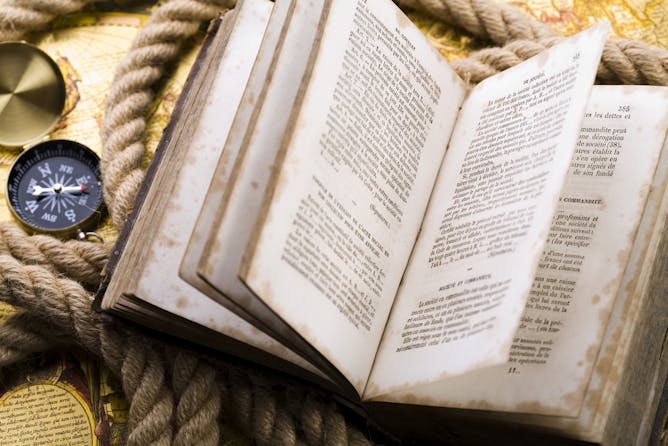
Dockside Reading: how dockside protocols shaped copyright and censorship.
Getty Images
Isabel Hofmeyr, University of the Witwatersrand
How colonial Customs protocols shaped copyright and censorship.
|
|
|
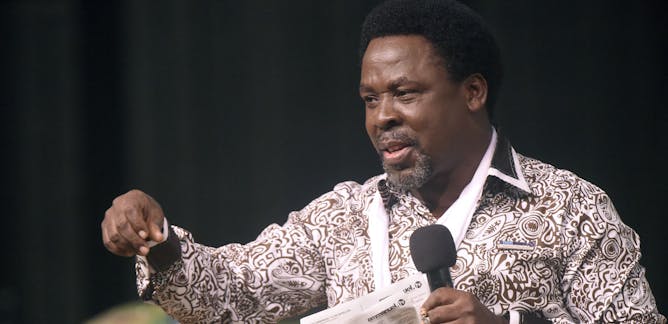
Dion Forster, Stellenbosch University
Ongoing support for TB Joshua and his ministry can be explained by understanding the theological tradition in which he operated.
| |
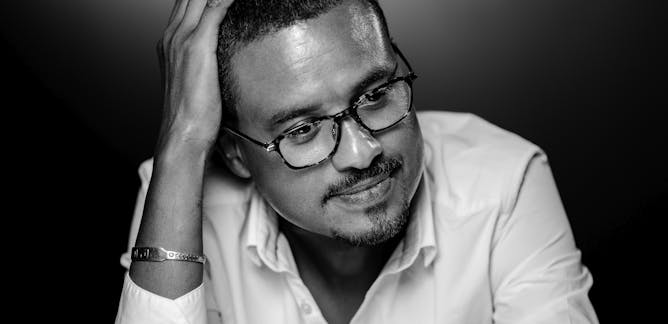
Caroline D. Laurent, Harvard University
The French-Senegalese author's novel At Night All Blood is Black is a harrowing and politically profound story of a Senegalese soldier fighting for the French in the first World War.
|
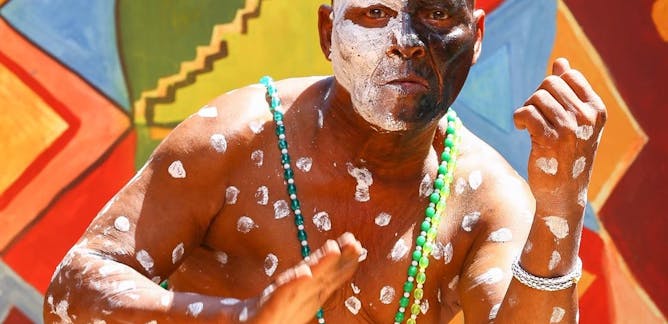
David Coplan, University of the Witwatersrand
He did not so much play the drums, as become the drum. His influence was felt through his trailblazing percussive work and his many collaborations.
| |
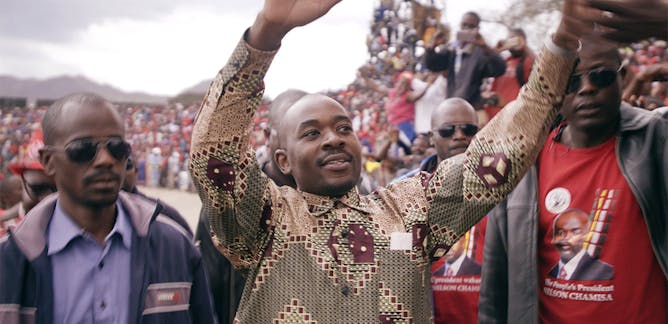
David B. Moore, University of Johannesburg
The award-winning documentary - now on in South Africa - follows opposition leader Nelson Chamisa. But it spends too much time in meetings instead of giving insight into the bigger picture.
|
|
|
Politics
|
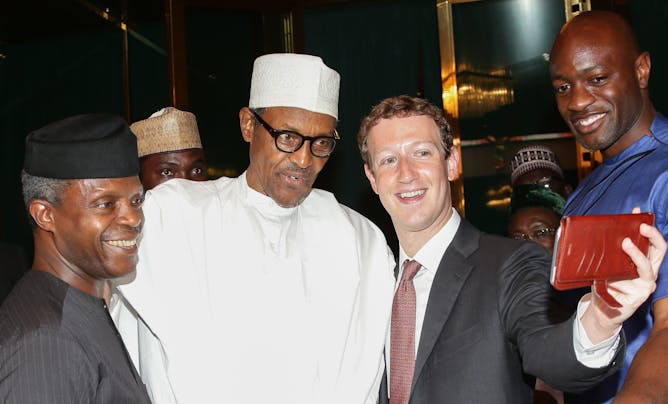
In happier days. Nigerian President Muhammadu Buhari (centre) and Vice President Yemi Osinbajo (left) pose as Facebook founder Mark Zuckerberg takes a selfie during his visit to the country in 2016.
Sunday Aghaeze/AFP via Getty Images
Tolu Olarewaju, Staffordshire University
Nigeria risks losing its recent status as Africa's most attractive tech hub following its decision to suspend Twitter's operations.
|
|
|
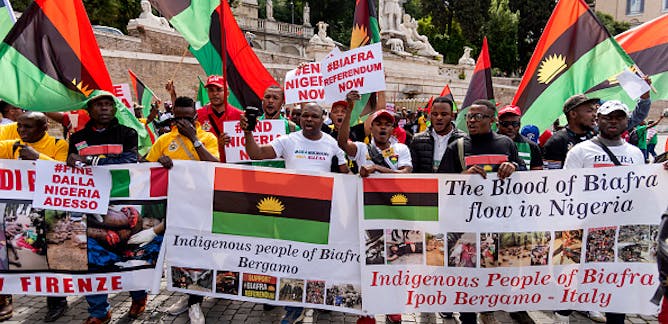
Benjamin Maiangwa, Durham University; Oluchi Gloria Ogbu, University of Manitoba
Until the conditions that led to the Nigeria-Biafra war are resolved, the debate on the viability of one Nigeria will continue to arise.
| |
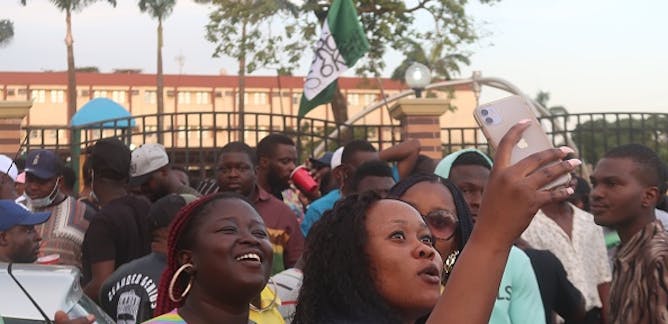
Jeff Conroy-Krutz, Michigan State University
President Muhammadu Buhari's Twitter shutdown will be hard to enforce and could have dire consequences for Nigeria's fragile democratic institutions and economy.
|
|
|
Environment + Energy
|
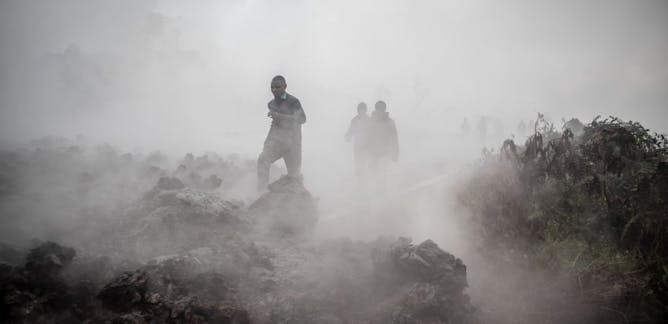
Patrick de Marie C. Katoto, Université catholique de Bukavu
Nyiragongo is one of the most dangerous volcanoes in the world because of its fast-moving lava. It can flow at a speed of about 100km per hour.
| |
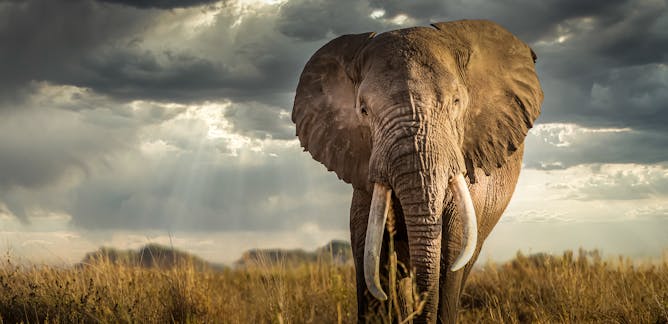
Lydia Tiller, University of Kent; Bob Smith, University of Kent
Crop raiding is happening more often in the Masai Mara, in different places and at different times of the year.
|
|
|
Health + Medicine
|
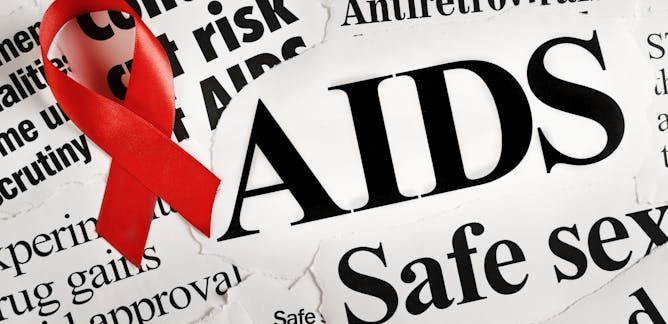
Gilles van Cutsem, University of Cape Town
The key actions needed to end AIDS are relatively clear. The question is whether every government, funder, and implementing organisations will apply them.
| |
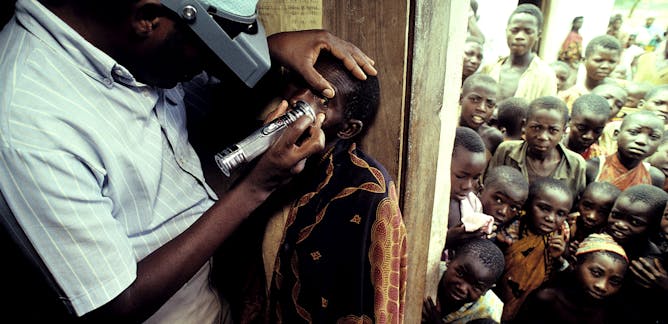
Musa Mutali, University of Benin
The Gambia’s success in eliminating trachoma means that resources previously allocated to combating the disease can now be reallocated to other public health conditions
|
|
|
| |
| |
| |
| |

|
| |
| |
| |
Featured events
|
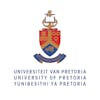
|
University Road, Hatfield, Gauteng, 0083, South Africa — University of Pretoria
|
|
|
|
| |
| |
| |
Would you like to republish any of these articles?
|
|
It’s free to republish, here are the guidelines.
Contact us on africa-republish@theconversation.com in case you need assistance.
|
| |
| |
| |
| |
|
|
|
|
|
|
|